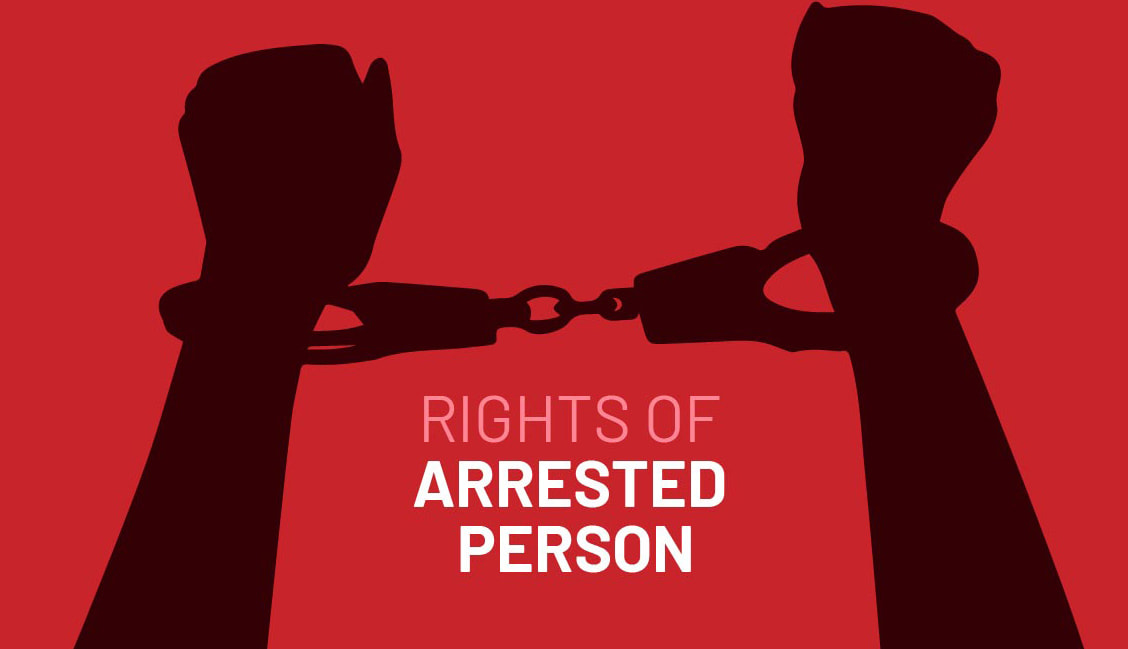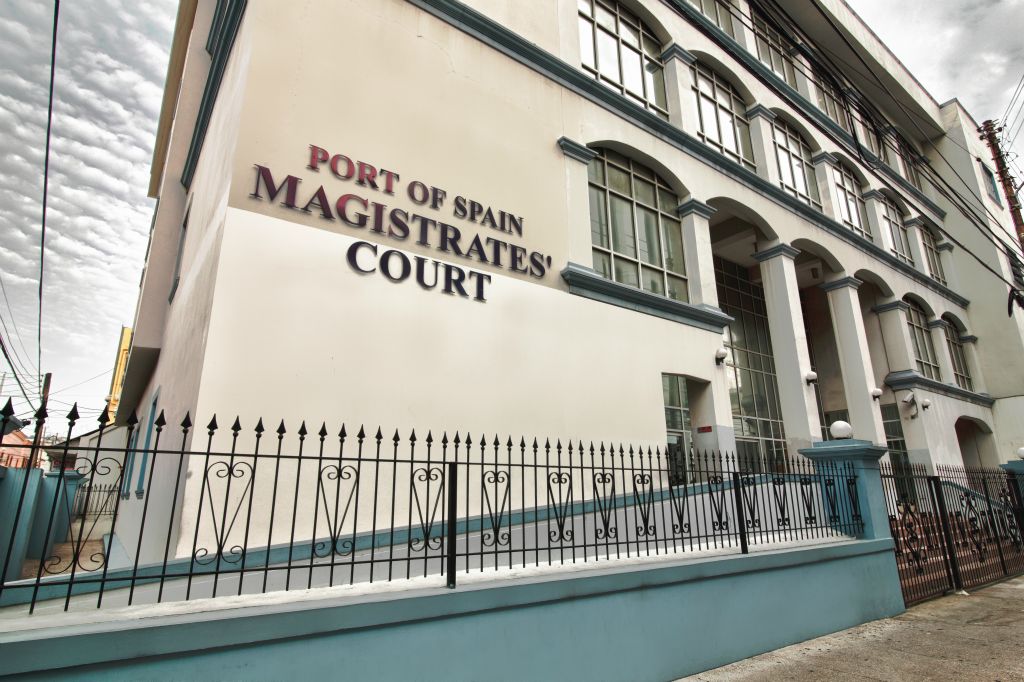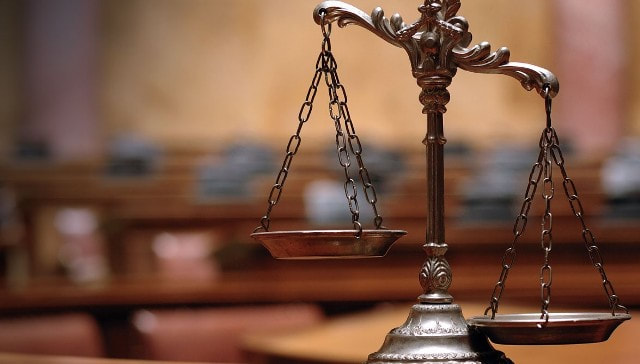|
Under the Constitution of Trinidad and Tobago, every person who is arrested or detained has certain rights.
These rights include:
1. The right to be informed promptly of the reason for your arrest or detention A police officer who arrests you should inform you of the reason for the arrest promptly or as soon as possible after the arrest. The police officer must give you enough details of the arrest so it is clear to you. 2. The right to remain silent/ to not incriminate yourself The police must tell you of this right. You do not have to give a statement to the police if you do not want to. This includes both oral and written statements. You have the right to ask the police to speak to a relative, friend or to your attorney.
3. The right to retain and instruct (without delay) a legal adviser
You have the right to speak to an attorney of your own choice and to communicate with him/her on any matter relating to your arrest or charge. You also have the right to retain an attorney to defend you. You should be informed of your right to an attorney as soon as possible or at least before interrogations. You should be allowed the earliest opportunity to speak to and/or retain an attorney to prevent you from saying or doing anything against your interest.
4. The right to be brought promptly before a Court.
You have the right to be brought before a Magistrate or Justice of the Peace as soon as possible after you are charged. 5. The right to the remedy of habeas corpus If you are detained, you have the right to make an application for habeas corpus to decide if your detention is valid or lawful. Habeas corpus requires that those who detain you must justify to a Judge why you are being detained.
Further, if you are charged with a criminal offence, you have:
6. The right to be presumed innocent until proven guilty You have the right to be presumed innocent until the police or prosecution prove you guilty. The police or prosecution must do so beyond a reasonable doubt. In a few limited cases the burden of proving an issue may shift to you. When this happens the burden is a lesser standard, that is, on a balance of probabilities. 7. The right to a fair and impartial public hearing before an independent tribunal You have the right to a fair hearing before an independent court or tribunal. 8. The right not to be deprived of reasonable bail without just cause If the offence is one for which bail may be granted, you have the right to make an application for bail. The main determination in granting bail and setting its conditions is whether the person is likely to attend his trial if he was out on bail. Important Notice: This post does not constitute legal advice. Always consult with an attorney on any legal problem or issue. This website is managed by AURORA Chambers; a law practice in Trinidad and Tobago. Click HERE to receive updates straight to your inbox by subscribing to our newsletter.
0 Comments
Leave a Reply. |
Categories
All
Archives
April 2024
|
LawForAllTT.com |
|







 RSS Feed
RSS Feed